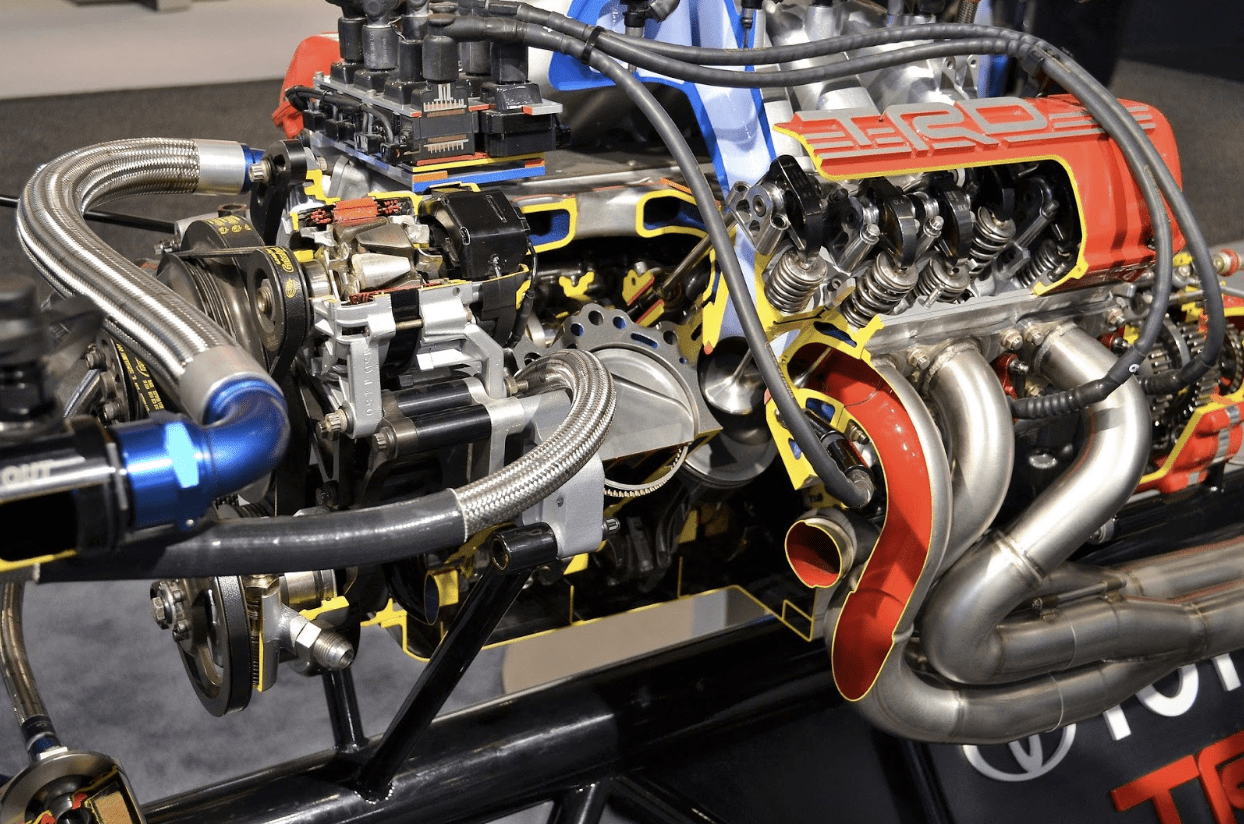Preventing a problem is always better than coming up with a cure. To that end, it’s important to take care of and maintain your vehicle to prevent costly repairs.
Turbocharged engines contain more components and have a more complex design than your average engine. This means they require more TLC than their counterparts. Here are five care and maintenance tips designed to help you get the best out of your turbo engine:
1. Blow Off Valves
Most experts will tell you that blow off valves (BOV) are essential parts of the turbocharged engine. These valves help direct excess compressed air away from the turbocharger to prevent damage when the throttle is closed quickly. BOVs are especially necessary on older turbo engines as compressor surge is a real concern that can lead to turbo failure without them.
Not all turbocharged engines come stock with blow-off valves, but most owners of vehicles with turbo engines make the upgrade a priority.
2. Oil
Yes, we know you know that oil in any vehicle is important, but you’d be surprised at the number of car owners who neglect this vital maintenance task. Proper oil management is likely the most important aspect of turbocharged engine care. Making sure your vehicle has the right amount of clean oil at all times will greatly extend the life of your engine.
It’s not enough to just check the oil and change it from time to time. Your turbo engine needs the right type of high-quality oil, so check your owner’s manual to be sure you’re using what it calls for.
3. Allow the Engine to Warm Up
Oil lubricates the inner workings of your car’s engine, but it needs time to warm up in order to do so effectively. Take it easy on the accelerator until the engine is warm.
A good rule of thumb here is to wait at least 10 minutes after the engine coolant has reached optimal temperature before putting the pedal to the metal as oil takes longer to warm than engine coolant.
4. Cruise Responsibly and Use Your Gears
The faster you accelerate and drive, the more strain you put on your car’s engine. This reduces its life expectancy. While turbocharged cars are tested at motorway speeds, this doesn’t mean they should be driven constantly this way. While it’s okay to open her up once in a while, when cruising, try to maintain a lighter foot on the accelerator and maintain a steady speed.
Furthermore, if your vehicle is a manual one, be sure to use its gears rather than its turbo power to pass other vehicles or climb a steep hill. Don’t be afraid to drop it down a gear as this will give your car the power it needs without straining the engine.
5. Cool Down
Just as you should let the engine warm-up before driving, you should give it a chance to cool down a bit before turning it off. After extended periods of high-speed driving, a lot of heat builds up in the engine. This can cook the oil, causing residue to build up if you turn the engine off immediately. To prevent this from happening, let the engine idle for a couple of minutes before turning the key off.
Turbocharged engines are cool, and they have a lot of power that’s fun to play with. However, they do require a fair amount of TLC. Follow the tips above to get the most out of your turbo engine







